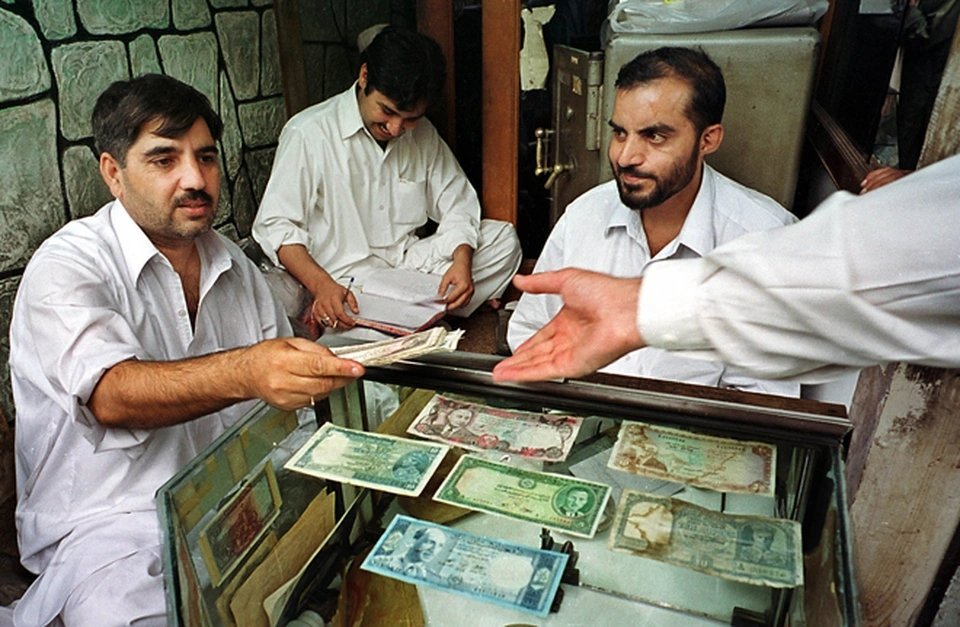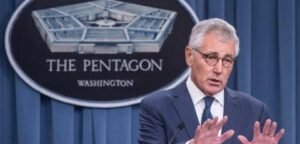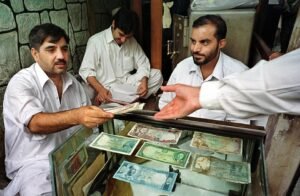
Hawala underground money transfer line 3
Hawala is an underground money transfer network that helps Syrian refugee traffickers make money.
Hawala has no documents and operates solely on the basis of `mutual trust`.
According to The Wall Street Journal, Hawala has been around for centuries, allowing users to transfer money quickly, contributing to the current Syrian refugee crisis in Europe.
Migrant smuggling activities are worth $2.5 billion a year in Europe, according to European researchers and security officials, of which 90% is money through Hawala.
This line also transfers 390 billion USD/year, sent by migrants to their families, proving that this financial system is `underground` but widely accepted in developing countries.
`Flying slot` is fast…
Hawala helps transfer money faster – almost sending and receiving at the same time – and can quickly reach people in remote areas.
Hawala means `transfer` in Arabic, originating centuries in the Middle East, South Asia and many parts of Africa.
Nowadays, almost all Muslim communities and Indian immigrant workers in Europe, North America and the Middle East have established Hawala.
In Hawala `centres`, the `brokers` are often disguised as legitimate businesses – such as money exchange counters, jewelry buying and selling or tea shops.
Nikos Passas, a University professor specializing in Hawala research, said: `If someone does not comply with the regulations, that person will be boycotted forever.` Families and legitimate businesses will be made difficult if that person
Mr. Passas cited the case of a Hawala broker in the UK who used customers’ money to gamble, causing huge losses to his colleagues in the UK and Pakistan.
…Gained trust with the entire criminal community…
The Halawa “stork” is called hawaladar.
In Hawala, short-term documents will be destroyed immediately after a successful money transfer, and using online communication tools such as Skype, Viber, WhatsApp to organize money transfers helps minimize the risk of detection.

Almost all Muslim communities and Indian migrant workers in Europe, North America and the Middle East set up hawala.
Andrea Di Nicola, a professor of criminology at the University of Trento, said: “The method of tracking money flows is not applicable here.
Swedish Border Police have discovered many cases of immigrants using Hawala to transfer money to help relatives in Italy, Libya, Türkiye and Iraq `reunite` with them.
In 2010, about half of Somali pirates’ ransom money – about $100 million – `flew` out of the country through Hawala, according to Dalhousie University researchers.
Four years ago, the US Treasury Department punished Afghanistan’s largest Hawala network, accusing it of transferring billions of dollars to help corrupt officials, the Taliban and drug traffickers.
…The “stork” pays the police for “protection”
Hawez Zaman, a 32-year-old Iraqi of Kurdish descent, is a Hawala broker in the Aksaray suburb of Istanbul (Türkiye).
Every day, Zaman also transfers money – from a few hundred to several thousand dollars – to the migrants.
For each of these money transfers, Zaman only charges a 5% fee.
But Zaman also had to deduct `profits` to expand his operations, and `spend protection money` on local police and criminals.
“People fleeing war zones don’t want to use banks to transfer money,” Zaman said.
Zaman also said he did not feel tormented when transferring money to human traffickers: `Many of them are Syrians, they help refugees get to safety.
(To be continued)
According to Trung Truc/ Wall Street Journal
Global police





